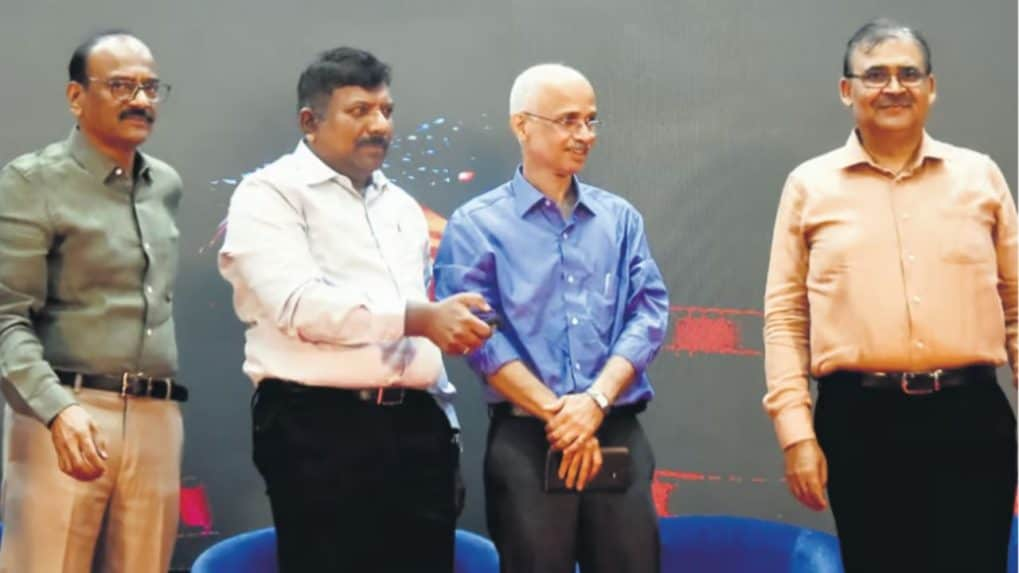Tamil Nadu examining Australia-like gaming policy, video game industry tight-lipped
During one of the consultative processes, the Tamil Nadu government clarified that they do not differentiate between the video game and RMG industries.
ADVERTISEMENT
The Tamil Nadu Online Gaming Authority (TNOGA), during an awareness campaign on the ill-effects of gaming, strongly labeled gaming addiction as a mental disorder. The video gaming industry has remained tight-lipped, implying that the government was focusing on Real Money Gaming (RMG) players. However, RMG players argue that the Tamil Nadu government was referring to the video gaming industry, especially since the campaign targeted schoolchildren below 18 years of age.
Chief Secretary N. Muruganandam, who initiated the campaign, stated that online games are negatively impacting students both psychologically and physiologically. He noted that governments in China and Japan have already banned these online games, and Australia is considering a ban for children under 16. Muruganandam hinted that certain online games could be banned again in the state.
When asked if Tamil Nadu is considering legislation similar to Australia’s upcoming online gaming laws, which are expected to be introduced before the next election, Muruganandam responded, "We are examining a policy similar to Australia’s online gaming." Australia is likely to age restrict social media and gaming platforms.
Highlighting the increasing trend of gaming addiction over the past five years, he explained, "It can be described as internet gaming disorder or pathological gaming disorder. The origin of this disorder can be traced back to the COVID-19 pandemic. During that time, schools were closed, and parents had to provide mobile phones to their children for online classes."
Nirali Bhatia, a Cyber Psychologist & Internet Addiction Therapist, stated, "Recently, I have seen a rise in gaming addiction, affecting both kids and adults. This shows that banning games is not the solution. The government should impose strict regulations to curb such addictions. All stakeholders must work together to reduce the instances of gaming addiction."
Bhatia further said, “Today, multiple violent games are affecting behaviour of kids. Showing lack of empathy, living in isolations, obesity are some of the ill effects that gaming addiction leads to.”
A spokesperson from the All India Gaming Federation (AIGF) added, "Global research consistently shows that outright gaming bans are ineffective. In fact, they often push users toward underground or offshore platforms, where they face greater risks due to the lack of oversight. These platforms usually operate without any consumer protection, compromising users' safety and data privacy."
The AIGF spokesperson also mentioned, "Imposing time limits or gaming restrictions, such as those on playtime or spending, has also proven ineffective worldwide. Users often bypass these restrictions using VPNs and other tools, making such regulations difficult to enforce. Moreover, blanket restrictions or bans infringe on individual rights and, as courts have repeatedly noted, violate constitutional protections."
TNOGA Chairman Mohammed Nasimuddin stated that preliminary survey analysis suggests that about 20 percent of students in the state are addicted to online games.
When Storyboard18 reached out for comments, several video game companies declined to speak on the record, stating that "the TN government’s awareness campaign focused on Real Money Gaming players, which pertains to online gaming. It has nothing to do with the video game industry."
Similarly, RMG players said, "The Chief Secretary was addressing schoolchildren; RMG is for users aged 18 and above."
Interestingly, during one of the consultative processes, the Tamil Nadu government clarified that they do not differentiate between the video game and RMG industries.

